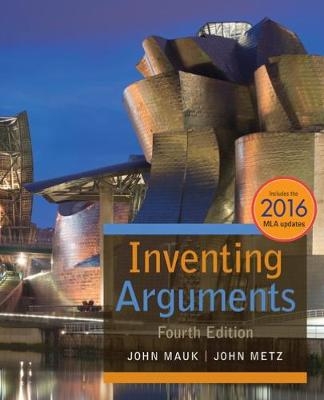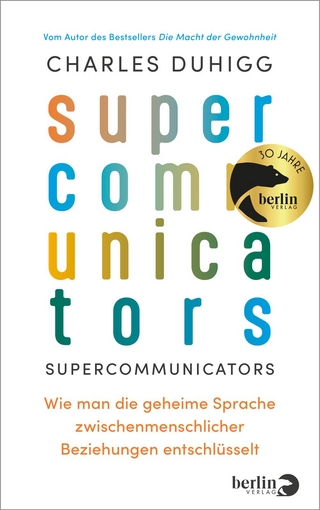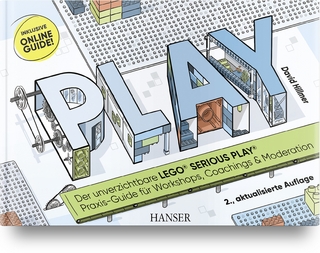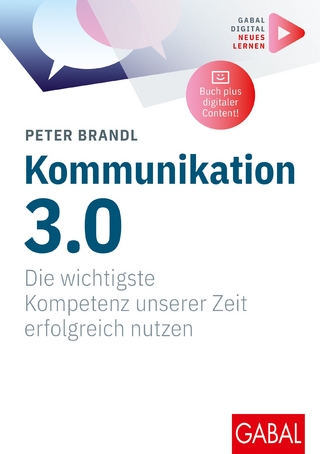
Inventing Arguments with APA 7e Updates
Wadsworth Publishing Co Inc (Verlag)
978-1-337-28085-3 (ISBN)
John Metz began teaching college writing as a graduate student at the University of Toledo in 1983. He then taught at University of Toledo, Umpqua Community College and Kent State University over the next forty years. He focused on helping students learn to invent ideas, make appropriate rhetorical decisions and redefine what writing is or can be. His students sometimes said, “I thought this was supposed to be a writing course.” John Mauk, Ph.D., has a doctorate in rhetoric and writing from Bowling Green State University and a master's degree in language and literature from the University of Toledo. Over a 24-year career, he taught composition at Owens Community College, Northwestern Michigan College and Miami University. He was twice named professor of the year. He now writes in various genres, edits manuscripts for professional writers and teaches in continuing education programs. He also hosts Prose from the Underground, a video series featuring interviews and practical advice for working writers.
PART I: ENTERING ARGUMENT.
1. Inventing Arguments.
What is Argument? What is Academic Argument? What is Rhetoric? What is Invention?
2. Claims.
What is a Claim? Types of Claims. Characteristics of Claims. Reading: A Community of Cars," Ryan Brown (student). Assignment: Identifying and Describing Claims.
3. Support.
Evidence. Example. Appeals. Appeals to Logic. Appeals to Emotion. Appeals to Need. Appeals to Value. Reading: "Disconnected," Lynda Smith (student). Assignment: Summarizing Arguments.
4. Opposition.
Counterargument. Concession. Qualifiers. Reading: "Learning, Styles, Freedom, and Oppression," Simon Benlow. Assignment: Identifying and Summarizing Opposition.
5. Hidden Layers.
Assumptions. Underlying Values. Reading: "In Defense of Darkness" Holly Wren Spaulding. Arguments in Disguise. The Objectivity Disguise. The Personal Taste Disguise. Spin. Propaganda. Assignment: Identifying & Summarizing Hidden Layers.
6. Analyzing Argument.
The Analytical Posture. Summary and Analysis. Summary vs. Analysis. Four Common Pitfalls. Readings: "Chief Seattle's Speech on the Land." "Seattle's Rhetoric," Andy Buchner (student). Analyzing Visual Arguments. "The Hearts of Argument: Benetton's Advertising Appeal," Megan Ward. "Progressive Profiteering: The Appeal and Argumentation of Avatar," Ben Wetherbee (student). Assignment: Inventing a Rhetorical Analysis.
PART II: INVENTING ARGUMENT.
7. Arguing Definitions.
"What's the Economy for, Anyway?" John de Graaf. "Warfare: An Invention-Not a Biological Necessity," Margaret Mead. "The Fashion Punk Paradox," Andrew Hyde (Student). "Standardized Testing vs. Education," Justin James (Student). "If It's Not a Baby," bumper sticker. "Preserve Marriage" image. Exploring for Topics. Inventing a Claim. Inventing Support. Arrangement. Audience and Voice. Revision.
8. Arguing Causes.
"No Sex Please, We're Middle Class," Camille Paglia. "Disparities Demystified," Pedro A. Noguera and Antwi Akom. "More Than Cherries," Samantha Tengelitsch (Student). "All for a Virtual Cause: The Reasons Behind MMORPG Success," J. Noel Trapp (Student). "Why You Are Hated," image. Exploring for Topics. Inventing a Claim. Inventing Support. Arrangement. Audience and Voice. Revision.
9. Arguing Value.
"Evaluation of 'The Education of Ms. Groves,'" John Adams. "Adventure Is Calling," Michael Hilliard (Student). "Higher Education through Discombobulation," Betsy Chitwood (Student). "The Value of a Happy Meal," image. Exploring for Topics. Inventing a Claim. Inventing Support. Arrangement. Audience and Voice. Revision.
10. Arguing Crisis.
"The Idols of Environmentalism," Curtis White. "Big House in the Wilderness: Moratoriums on Building and Individual Responsibility," Tracy Webster. "The Pack Rat Among Us," Laurie Schutza (Student). "Citizens and Consumers," Amber Edmondson (Student). "Is Bottled Water a Crisis?" image. Exploring for Topics. Inventing a Claim. Inventing Support. Arrangement. Audience and Voice. Revision.
11. Arguing the Past.
"Shakespeare and Narcotics," David Pinching. "A Nation Made of Poetry," Joannie Fischer. "Red (White and Blue) Scare," Stephen Pell (Student). "Somewhere in the Past: Clarksville's School and Community Life," Cameron Johnson (Student). "Apache Children," image. "Carr Fork Canyon," image. Exploring for Topics. Inventing a Claim. Inventing Support. Arrangement. Audience and Voice. Revision.
12. Arguing the Future.
"Live Forever," Raymond Kurzweil. "Video Games, the Next Storytelling Frontier," Michael Hanson. "Investing in Futures: The Cost of College," Charles Nelson (Student). "Around the Table in Traverse City," Joel Papcun. "Smart Car," image. Exploring for Topics. Inventing a Claim. Inventing Support. Arrangement. Audience and Voice. Revision.
PART III: RESEARCH.
13. The Research Guide.
Overview of Research. The Research Path. Conducting Primary Research. Conducting Secondary Research. Evaluating Sources. Integrating Sources. Documenting Sources. Sample Research Essays.
PART IV: ARGUMENT ANTHOLOGY.
14. Politics.
15. Men and Women.
16. Race.
17. Environment.
18. Education.
19. Consumption.
20. Popular Culture.
21. Technology.
22. Philosophy and Humanity."
| Erscheinungsdatum | 16.10.2016 |
|---|---|
| Verlagsort | Belmont, CA |
| Sprache | englisch |
| Maße | 187 x 233 mm |
| Gewicht | 953 g |
| Themenwelt | Sachbuch/Ratgeber ► Beruf / Finanzen / Recht / Wirtschaft ► Briefe / Präsentation / Rhetorik |
| Sozialwissenschaften ► Pädagogik | |
| ISBN-10 | 1-337-28085-2 / 1337280852 |
| ISBN-13 | 978-1-337-28085-3 / 9781337280853 |
| Zustand | Neuware |
| Haben Sie eine Frage zum Produkt? |
aus dem Bereich


